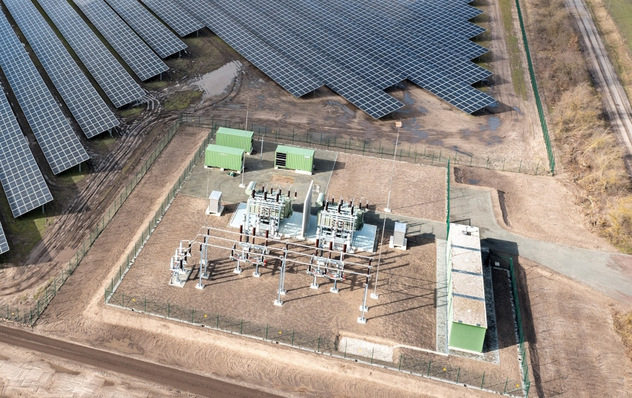To keep pace with the growing demand for energy storage while maintaining and even improving their environmental standards, the lead production and lead battery industries have joined forces to advance environmentally responsible production and recycling worldwide. Industry associations representing businesses involved in advanced lead and lead battery manufacturing and lead production have signed a memorandum of cooperation. It is designed to help improve standards in those countries where informal recycling is dominant, while maintaining the highest standards in the rest of the world.
The agreement is to formalise on-going industry efforts and collaboration to improve recycling practices in low and middle-income countries, where regulations and industry safety standards are either inadequate, non-existent or ineffectively enforced.
Improper and unregulated battery recycling of all battery chemistries can cause serious health risks for employees and nearby communities. However, the value of the lead and other materials from recycling used batteries drives some communities to undertake improper recycling despite the risks.
Almost fully recyclable
In Europe and the United States, lead battery manufacturing and recycling is rigorously regulated and takes place within stringent safety and environmental standards that deliver a closed-loop circular economy where more than 99 per cent of used batteries are recycled. However, as demand for energy storage using batteries is set to grow it could be matched by a rise of the informal recycling sector in other regions of the world.
Battery Council International executive vice president Kevin Moran, speaking on behalf of the four associations, said: “We want to ensure that manufacturing and recycling of lead batteries worldwide meet standards that protect human health and the environment. There must be an end to the dangerous and inappropriate use of substandard recycling operations, but this will take time and will require a coordinated effort involving multiple stakeholders. We acknowledge that we can play a significant role by using our commercial influence to encourage environmentally sound practices, by sharing best practice with governments, regulators and NGOs and by undertaking appropriate levels of due diligence to reduce the probability that battery raw materials produced through unsound practices do not end up in our supply chain.”
Material stewardship programme
Rene Schroeder, EUROBAT Executive Director, said: “European battery manufacturers are committed to protecting the environment and employees. All batteries are essential in Europe’s ambition to decarbonise its energy and mobility systems. The material stewardship programme for lead batteries, which we’re supporting, is an important sign of our commitment to an environmentally and socially sustainable lead battery industry, which operates to the highest standards.”
The battery and lead manufacturing industries, represented by the International Lead Association, Battery Council International, the European battery association EUROBAT and the Association of Battery Recyclers, have signed a binding memorandum of cooperation as part of a programme of responsible material stewardship. Building on this agreement, the associations’ joint project team will develop a number of principles and guidelines.
Cooperation and outreach
Dr Andy Bush, Managing Director of the International Lead Association added: “The companies represented by our associations are committed to setting the highest standards of health and safety and good environmental stewardship. We want these standards to apply worldwide to support sustainable lead battery value chains. We acknowledge that to be successful in this goal we must work with others and widen the outreach of our initiative by involving associations representing member companies with interests in Asia, Africa and beyond.”
The Consortium for Battery Innovation has recently published an interactive world map of projects involving lead storage. Furthermore, the Consortium is bracing itself for the expected rise in demand by focussing on research in to new technologies and production methods. (mfo)







